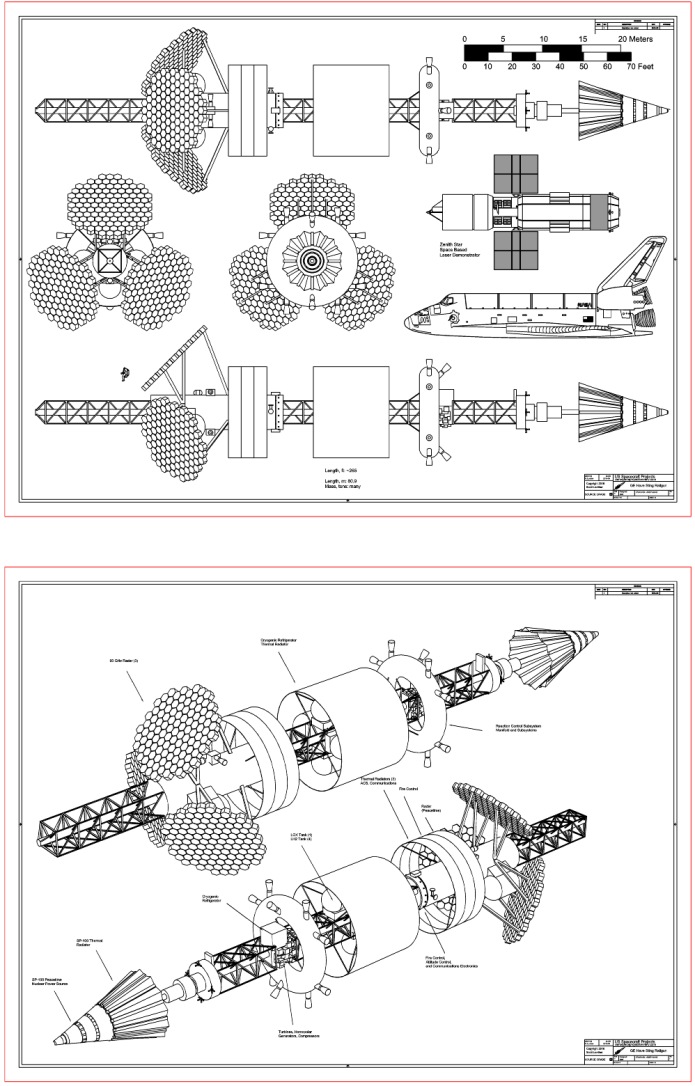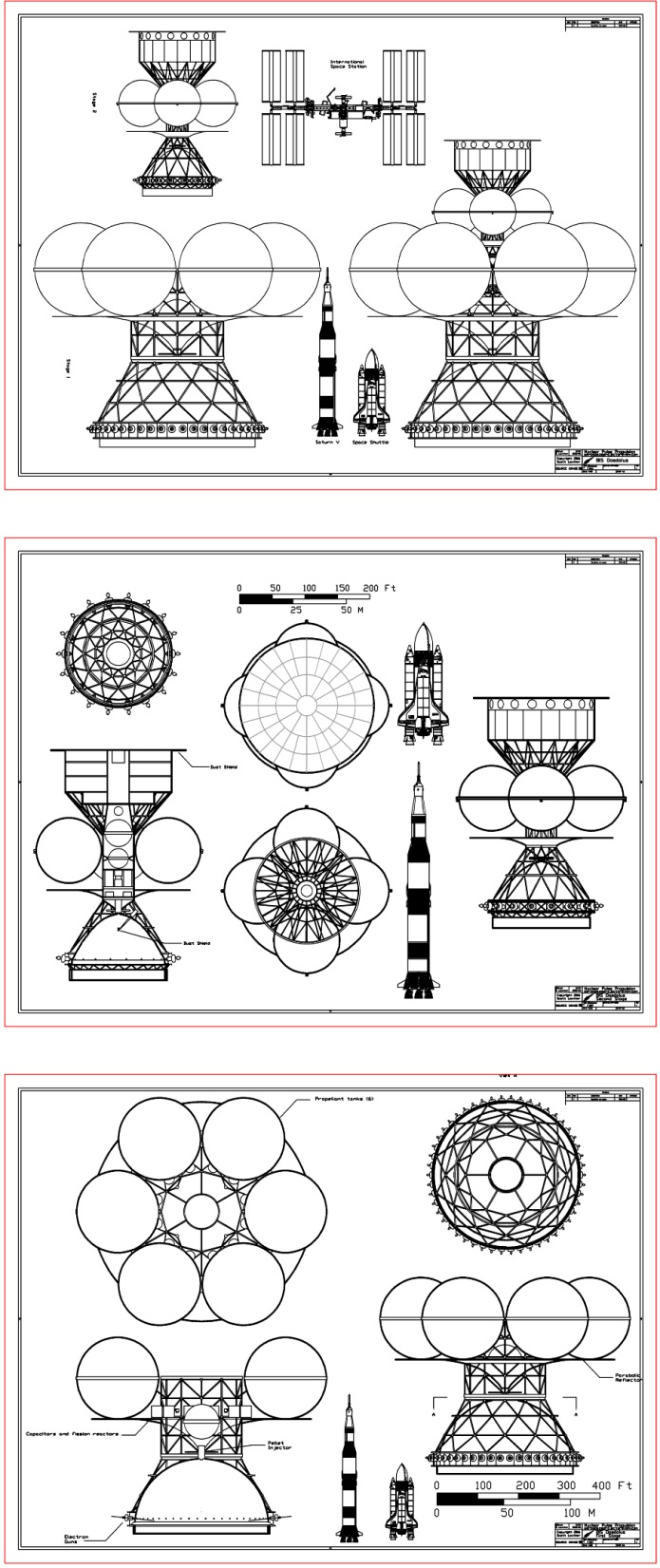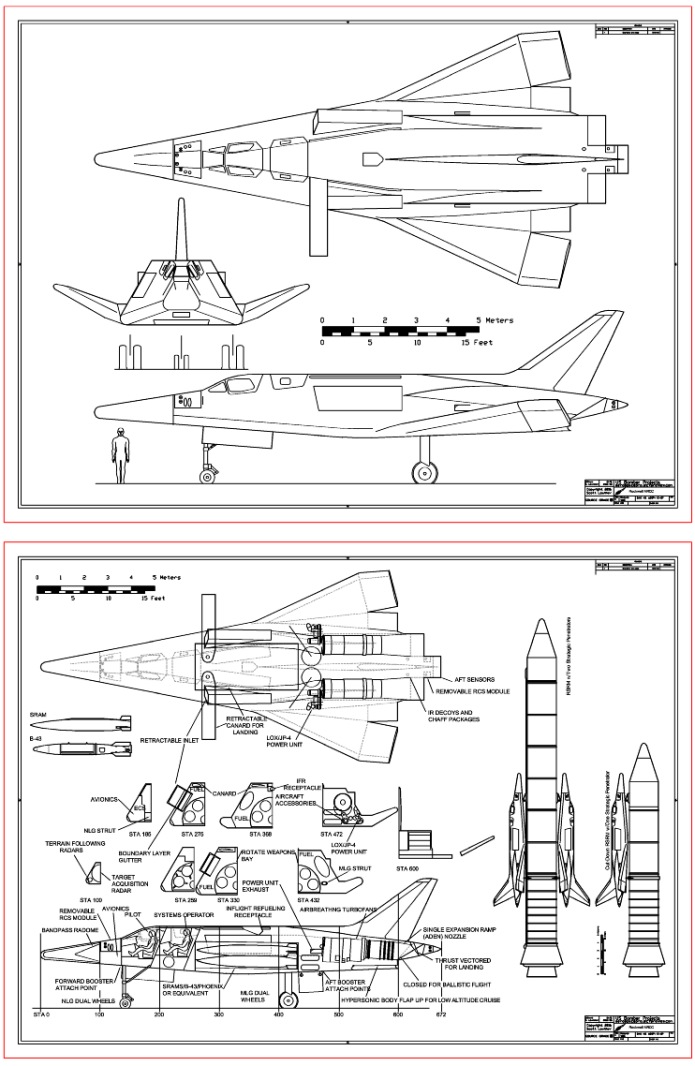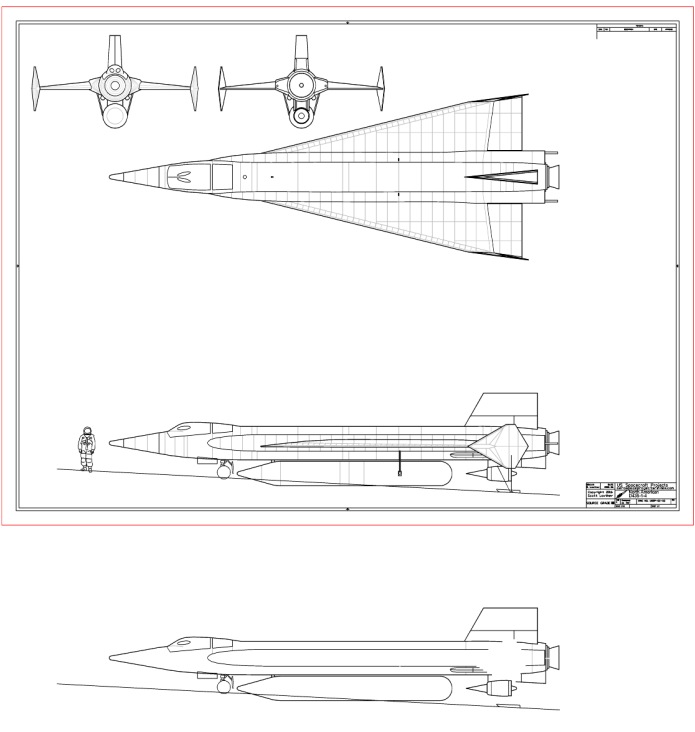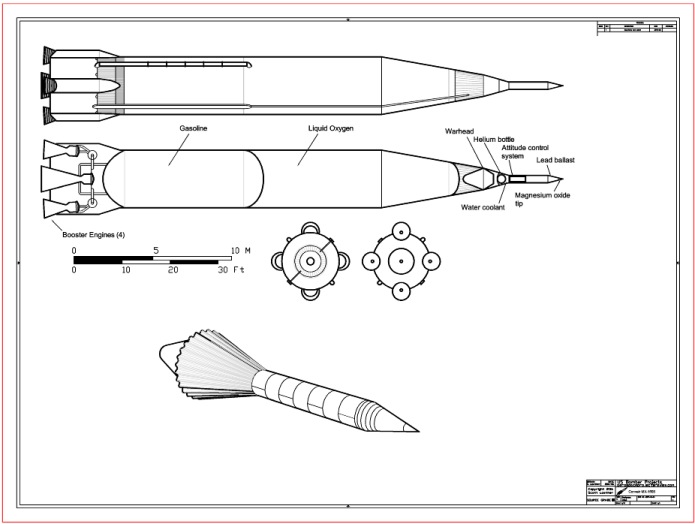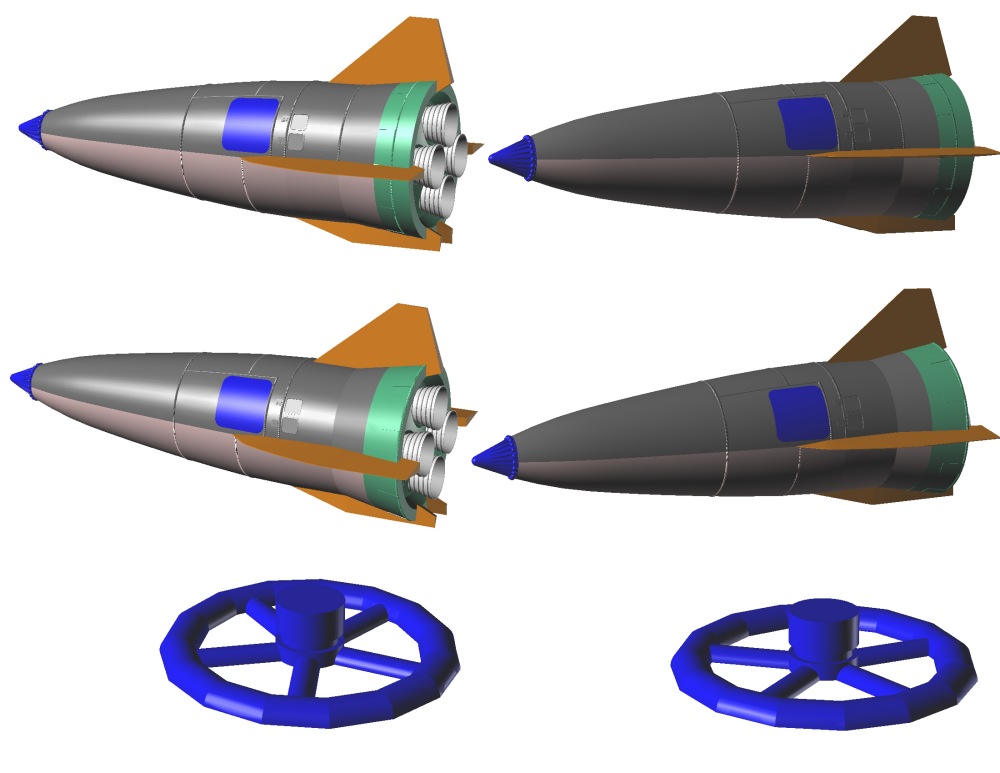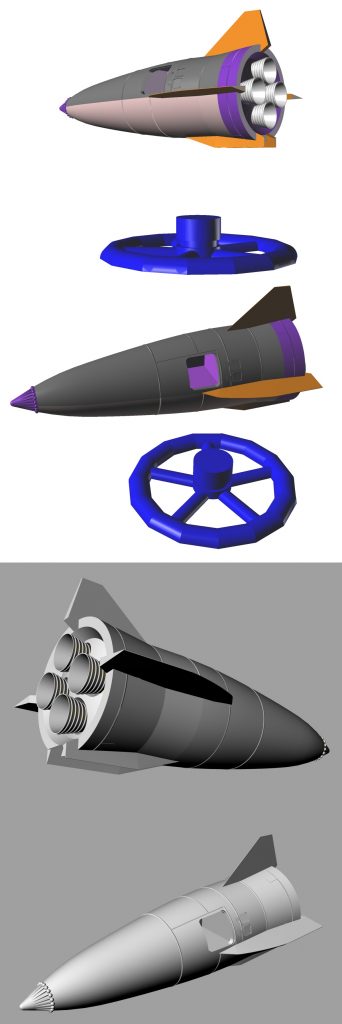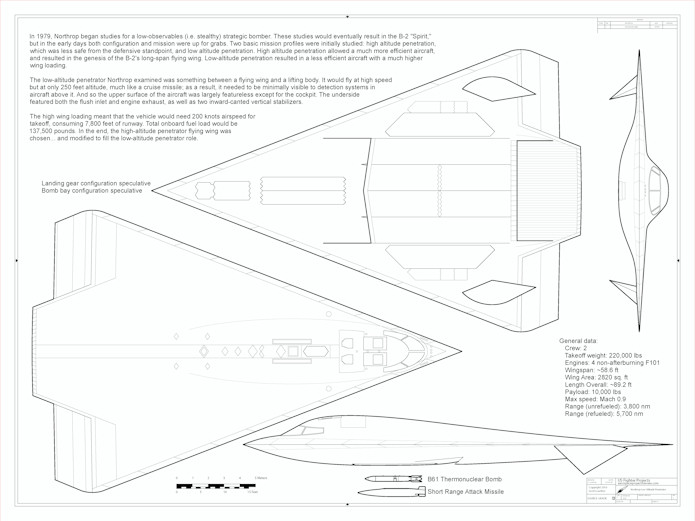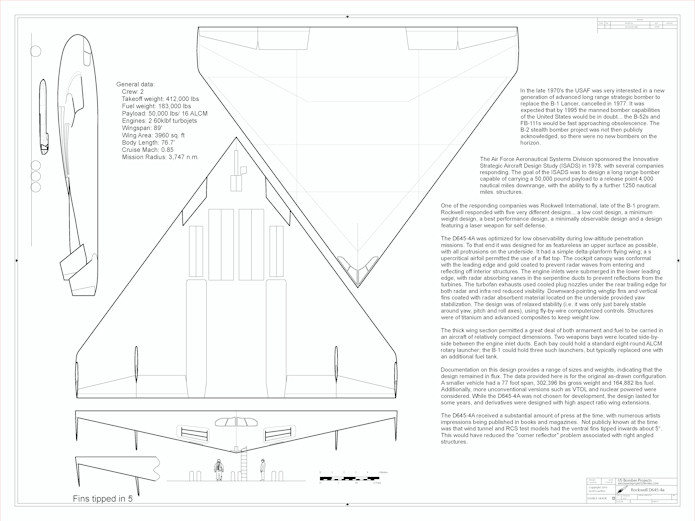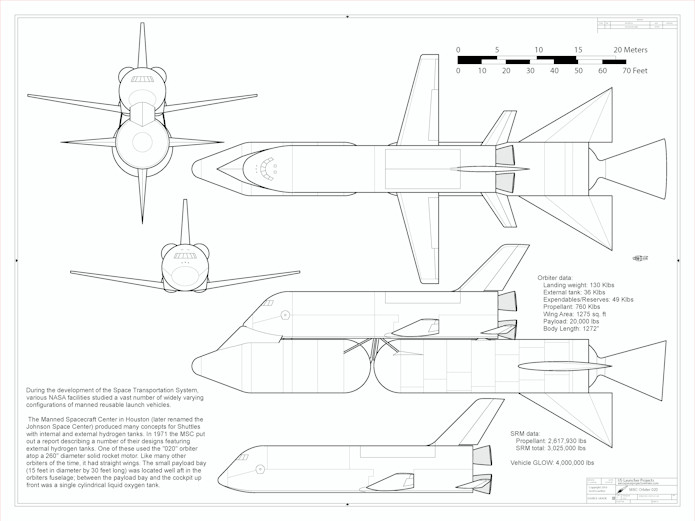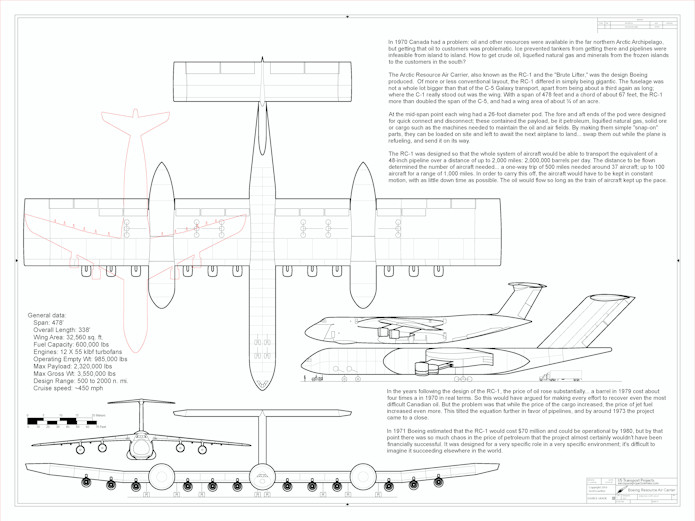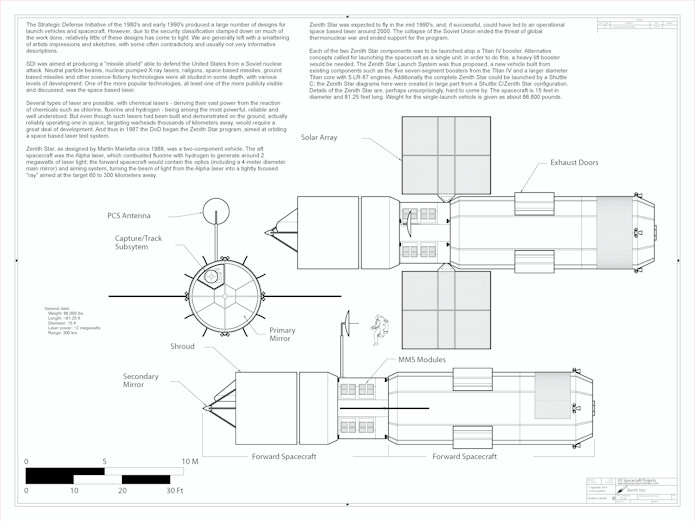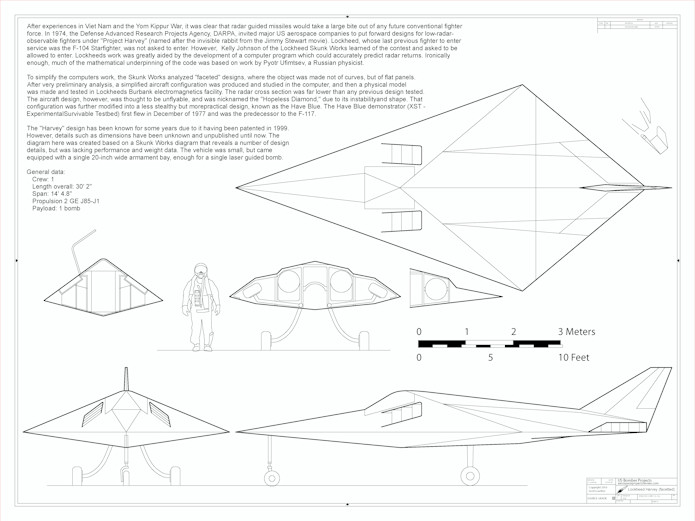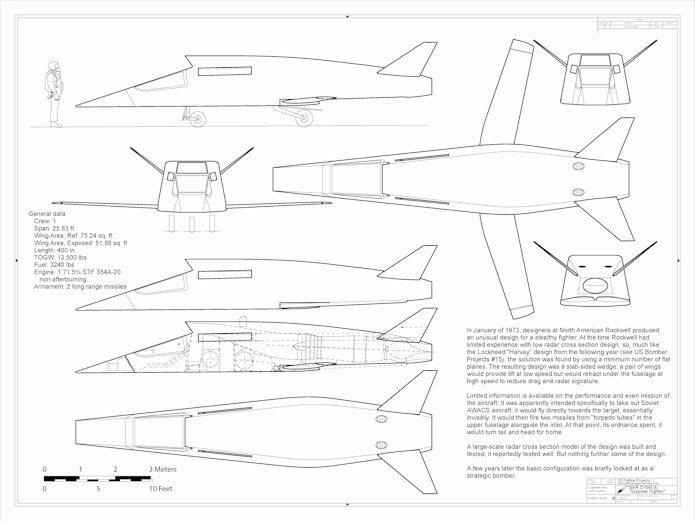Some future releases in the PDF-diagram line. Obviously some are a little further along than others, and some will be multi-sheet diagrams…
Maybe a year and a half late, but whatever…
Here is Part Three of the story of Sarah, Zane, Loff and George transporting a shipload of rich folk to Gimli, a place where regular folk just don’t get to go. If you want to catch up in advance, Part One is available HERE, Part Two is available HERE, and the previous story, “Mass Disappearance,” is available HERE. A couple story fragments starring this crew are available HERE and HERE.
If you like it, feel free to tell your friends, family, co-workers, random strangers, whoever. Like it, hate it or meh it, I’m interested in your thoughts via comments. In particular: do you read it in EPUB pr PDF??
Well, here it is. There’s still a bit of time yet before it needs to be shipped off to be 3D printed, so if you see something that you think needs to be added or changed, let me know. Not shown here is the airlock door (fits flush). Also not shown is a yet-to-be-sculpted *probable* astronaut doing a spacewalk. A metal rod would connect the spaceship to the base.
This model is to be made available through Fantastic Plastic and will be 1/48 scale, a bit over 9″ long.
UPDATE: turns out there’s a book about “Men Into Space.” Anybody know if it’s any good? Specifically… good imagery, diagrams, etc.?
I’ve recently figured out how to get reliably good-quality vector graphic PDF files from my AutoCAD diagrams.These differ from standard “raster” graphics like GIFs and JPGs in that they are composed of scalable lines rather than pixels; this means that they can be printed off at many scales and they’ll retain clarity.
I think a lot of the diagrams would look quite good printed in large format; I’ve previously mentioned that I’m working on a few diagrams specifically for printing off on large format (24X36) mylar, but I’ve others that I think would also look good scaled for 18X24. I’m making these first seven diagrams available, formatted and scaled for 18X24. They can be viewed on screen, printed on a standard printer or printed by a large format printer all with equal clarity.
If this idea appeals, be sure to tell your friends, family, foes, anyone you think might be interested. Also be sure to comment if there are any diagrams I’ve previously created for APR, USXP or elsewhere that you’d like to see in this format. Some of them would be best as multi-sheet diagrams. Suggestions on how to improve also appreciated.
CAD 007: Northrop Low Altitude Penetrator
A 1/72 diagram of a 1979 design for a B-2 alternate configuration
Download for $3
———————————
CAD 006
A 1/96 scale diagram of the 1979 Rockwell D645-4a spanloader bomber.
Download for $3
CAD 005
A 1/144 scale diagram of the Manned Spacecraft Center MSC Orbiter 020, a 1972 Space Shuttle concept with a single 260″ solid rocket booster.
Download for $3
CAD 004
A 1/350 scale diagram of the 1971 Boeing Resource Air Carrier (AKA RC-1, AKA “Brute Lifter”) designed as a flying oil tanker for the arctic.
Download for $3
CAD 003
A 1/72 scale diagram of the Martin-Marietta “Zenith Star” experimental space-based laser for the Strategic Defense Initiative.
Download for $3
CAD 002
A 1/24 diagram of the Lockheed “Harvey,” the initial concept for a low radar cross section strike platform that eventually became the F-117.
Download for $3
———————————
CAD 001
A 1/32 diagram of the North American Rockwell D-541-4 “Surprise Fighter” from 1973, an early stealth concept designed to sneak up on Soviet AWACS planes.
Download for $3
Download all seven for $18.90 (10% off)
After a false start, the Bigelow Expandable Activity Module (BEAM) has been inflated. Hopefully the start of new constructions in orbit… space stations as big or bigger than ISS (in terms of available volume) in just a few Falcon 9 launches.
BEHOLD NASA’s thrill-packed video of the event, carefully edited to remove any actual movement:
Now they need to do like NASA did with the SRB’s and hook up the microphone to the structure so you can hear it groan and scream on the way down.
Giggity, people…
Three in a Row! SpaceX Lands Rocket on Ship at Sea Yet Again
This was another one of those high-energy geotransfer launches that had low expectation of recovery. OK, now it’s time to start re-launching these things. That’s supposed to occur later this summer.
I have someone who wants me to make some CAD models for large-scale replicas, but I haven’t the necessary reference materials. Can anyone help?
1: Planck space telescope
2: ESA Exomars rover
3: Spaceship Two
Any assistance, pointers, data packages, whatever, would be greatly appreciated. Thanks.

